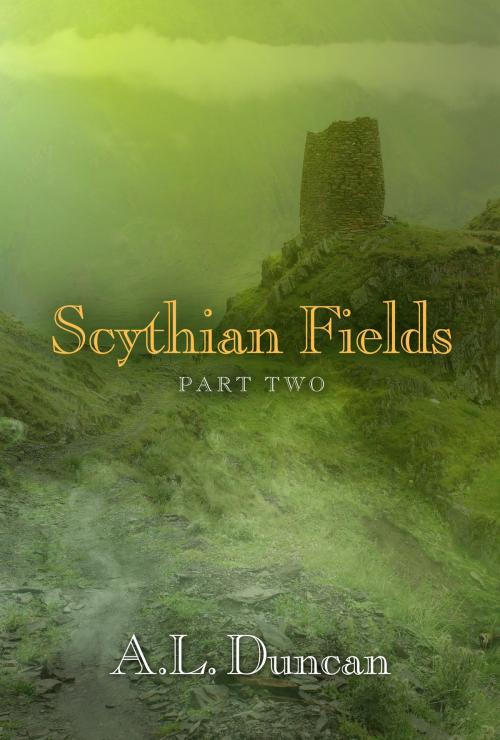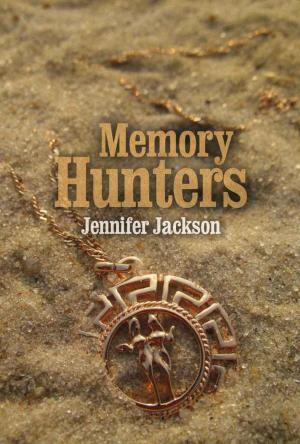| Author: | A.L. Duncan | ISBN: | 9781619292819 |
| Publisher: | Regal Crest Enterprises | Publication: | May 2, 2016 |
| Imprint: | Mystic Books | Language: | English |
| Author: | A.L. Duncan |
| ISBN: | 9781619292819 |
| Publisher: | Regal Crest Enterprises |
| Publication: | May 2, 2016 |
| Imprint: | Mystic Books |
| Language: | English |
4th Century B.C. Exiled from Rome, Attia Matuna is still adapting to the Sarmatian culture and their politics. The corrodings of her sensibilities, in relation to her hatred of the Roman tribune Petronius Tullus, have at the same time quickened her powerful efforts to establish herself as a warrior and leader of her tribe. There is dreadful work ahead securing loyalty and battling prejudice while considering the purpose of raising a family, as all Sarmatian's do. It is a dangerous and delicate balance. One in which Attia's maternal instincts are willing risk in order to provide a legacy.
For Twentieth century Anthropologist, Oksana Dmitriova, making sense of the symbols and stories of the mythical White Woman and connecting them to the literal world of bones and remains is no easy task with Russia's Red Army behind you at every step. As she is following the footsteps of the fabled 4th Century B.C. warrior-priestess, Oksana discovers from superstition, a principle of truth always prevails. And the only way to preserve a perishable human being so greatly revered is to endow it with immortality. Following the spirit and virtue of such a being, one cannot help but be transformed themselves.
"I am not Pshavi."
"You are more than Pshavi. Your spirit is the ancestor of all Pshavi spirits. We are not flesh and blood. No one culture is. We are the breath of stars and the light of the moon and the sun. We are not the elements, we are that which created the elements."
4th Century B.C. Exiled from Rome, Attia Matuna is still adapting to the Sarmatian culture and their politics. The corrodings of her sensibilities, in relation to her hatred of the Roman tribune Petronius Tullus, have at the same time quickened her powerful efforts to establish herself as a warrior and leader of her tribe. There is dreadful work ahead securing loyalty and battling prejudice while considering the purpose of raising a family, as all Sarmatian's do. It is a dangerous and delicate balance. One in which Attia's maternal instincts are willing risk in order to provide a legacy.
For Twentieth century Anthropologist, Oksana Dmitriova, making sense of the symbols and stories of the mythical White Woman and connecting them to the literal world of bones and remains is no easy task with Russia's Red Army behind you at every step. As she is following the footsteps of the fabled 4th Century B.C. warrior-priestess, Oksana discovers from superstition, a principle of truth always prevails. And the only way to preserve a perishable human being so greatly revered is to endow it with immortality. Following the spirit and virtue of such a being, one cannot help but be transformed themselves.
"I am not Pshavi."
"You are more than Pshavi. Your spirit is the ancestor of all Pshavi spirits. We are not flesh and blood. No one culture is. We are the breath of stars and the light of the moon and the sun. We are not the elements, we are that which created the elements."















